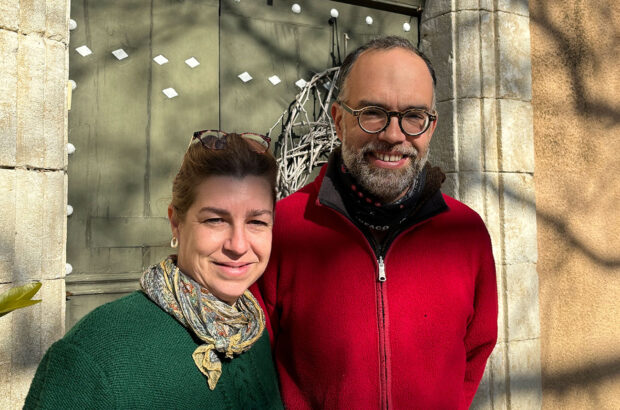Château Lascombes director Alain Raynaud has come out fighting against UK merchants who are saying they won't be able to sell his wine because it's too expensive.
The Bordeaux second-growth has had one of the highest price-rises in the region this year. A bottle of Lascombes comes with a €25 (US$24) price-tag – 35% higher than the 2000 vintage release price.
This means merchants in the UK are selling it at around £270 (€418)per case. At that price, Farr Vintners says on its website, ‘we would be surprised if we sell a single case.’
Another major UK merchant, Lay & Wheeler, is not carrying Lascombes this year. ‘We have a very small market for it, but at that price we didn’t want to take the risk,’ managing director Hugo Rose told decanter.com.
According to Raynaud, the price is a realistic reflection of the investment the château’s American owner, Colony Capital, has made. The Los Angeles-based pension fund bought the poorly-performing Lascombes from UK brewer Bass-Charrrington in 2001 for US$67 (€71m) and spent millions more on improvements.
‘We have retrained the vines, restored the fermentation and ageing cellars, changed the process of winemaking. We have created a very different, very high-quality wine, and we decided to put it on the market at a price that would recognise that.’
Accepting it is a ‘very controversial’ decision, Reynaud said the UK trade ‘is slow to recognise change,’ and added that half the production had sold. This was not brilliant, he conceded, but made clear the investors were not looking for a quick return, so ‘we have no pressure on us.’
Thomas Hudson of Farr Vintners said they had actually sold two cases of Lascombes, as against 220 of the previous vintage. ‘It takes time for a property to revive when it hasn’t performed very well.’
Critics’ reactions have been mixed. Robert Parker gave the wine an ‘outstanding’ 90-93 points and said ‘it is undoubtedly better than the 2000 – no small achievement. Bravo!’
But Decanter’s Steven Spurrier gave it three stars and said it ‘lacks real complexity and length.’
Written by Adam Lechmere






